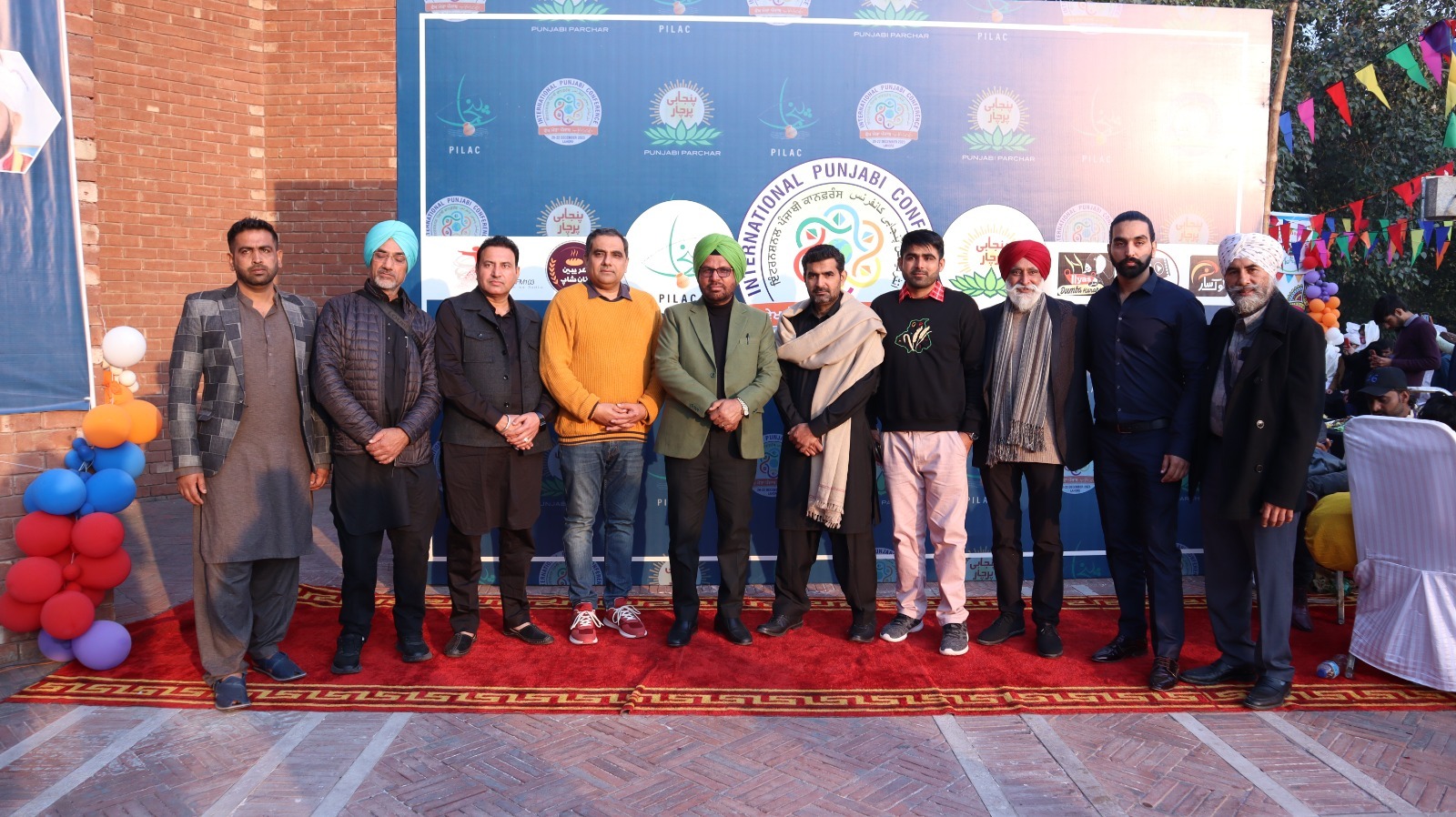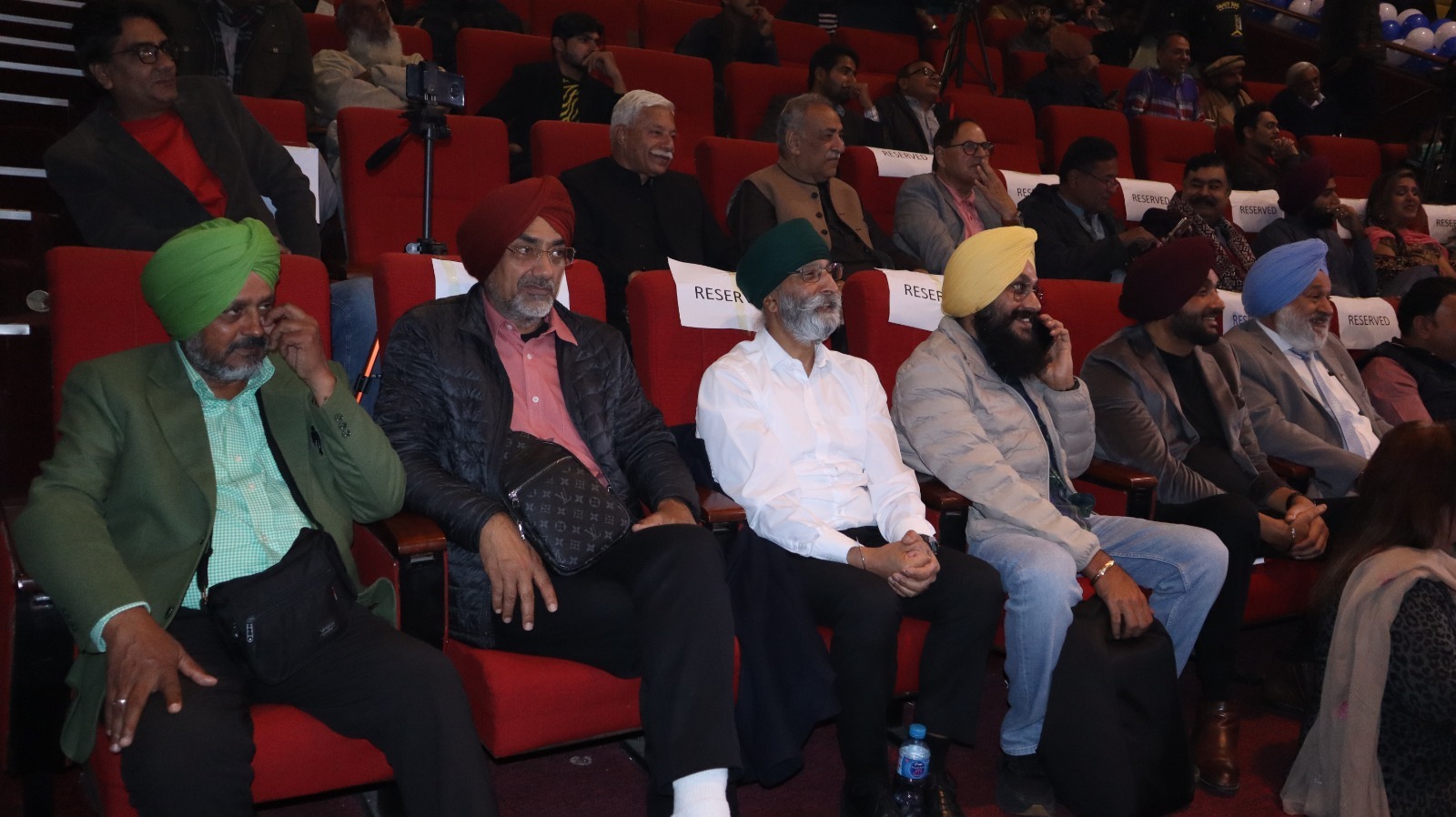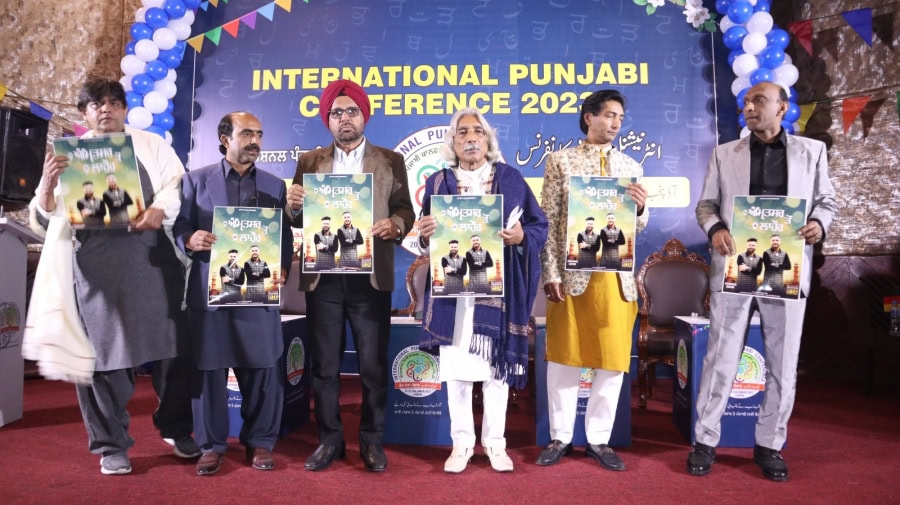LAHORE – After three days of intense deliberations in Punjab’s capital, 20 delegates from nearly 10 countries attended the International Punjabi Conference. They reached a 12-point landmark demand and urged the government to implement it quickly.
The international conference organized by Punjabi Parchar focused on ‘Punjabi Language and Culture’, which got an overwhelming response from scholars, academicians, journalists, and governmental officials and concluded here on Friday.
In light of the conference, the Punjabi Parchar organization called on incumbent authorities to facilitate the formation of a progressive Punjab.
At the concluding ceremony, President of Punjabi Parchar, Ahmad Raza Punjabi, emphasized that if the government wants to see a prosperous and educated Punjab, it should accept the demands of the Punjabi people. These demands are rightfully theirs and do not go against the constitution or state laws. The conference aimed to clarify the status of the Punjabi language in the world and highlight the challenges that it faces in the Pakistani part of Punjab called Lehnda Punjab.

The guest of honour, Ashok Bhura, a US-based senior journalist and Punjabi activist, expressed hope that the conference, which had the participation of academicians, writers, and linguists from all over the region, would go a long way in promoting the Punjabi language and culture. He urged the new generation to connect with the rich cultural heritage of Punjab. Although the Punjabi language is spoken across the world, it is still ignored in our elite culture and course curriculum.
The organization that works to promote the Punjabi language comes up with 12 demands and iterates that their struggle will continue till the implementation of the Twelve-point agenda.
The following are the demands of Punjabi Parchar:
- Punjabi language should be taught in all middle schools, and the mother language of the country’s most populated region should be implemented in office and court paperwork.
- All colleges in Punjab should have Punjabi teachers. Each inter-college should have one Punjabi language tutor, and each degree college should have two.
- The government should end discrimination against all Punjabi dialects.
- The Punjabi language should be given all due rights in the media. A state-run Punjabi broadcaster should be formed to cover all dialects of the mother language of the regions.
- All public and college libraries should have a 10 percent annual grant for Punjabi books, magazines, and newspapers.
- Punjab highways, roads, buildings, gardens, and crossovers should be named after Punjabi warriors rather than foreign intruders.
- All Punjabi festivities and memorial remembrances related to Punjab should be commemorated at the state level.
- The state should protect all rights of Punjabis from all backgrounds.
- The Pakistani government should remain vocal about the rights of Palestinians, as it represents the sentiment of the South Asian nation.
- Signboards in Punjab should feature all content in the Punjabi language.
- Punjabi should be the official language of the Punjab Assembly.
- All public messages should be disseminated in the mother language of the region.

During the three-day International Punjabi Conference, several notable Punjabi leaders were awarded for their achievements. The Punjabi Literary Award was given to senior writer and activist Dr Gurpreet Dhugga, while senior journalist Ashok Bhaura received the Punjabi Journalist Award.
Senior writer Ijaz was granted a Punjabi literary award, and Dr Surnder Singh Gill was recognized with the Punjabi Peace Activist Award. Sukhi Bath and senior journalist Mudassar Iqbal Butt were selected to receive the Punjabi Activist Award.
Ali Usman Bajwa was awarded the Punjabi Activist Award, and Diep Saeed A. received the Punjabi Peace Activist Award. Ch. Zaibi Hanjra received the Punjabi Social Media Activist Award, and the Punjabi Poet Award was presented to Irshad Sandhu.
The conference, held for the first time, welcomed more than 100,000 participants in person and online from 10 countries.










